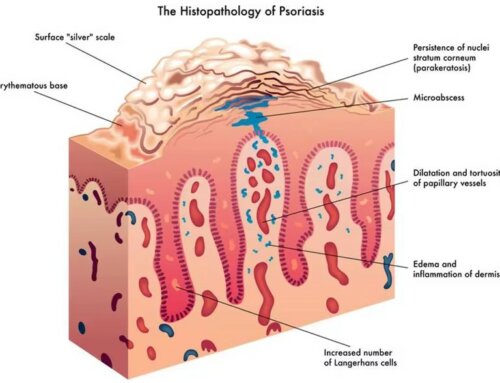Most people have good or bad moods, depending on what is happening in their lives. When you have diabetes, it can have an impact on your mental and physical health. Discover how good and bad moods may affect your diabetes control.
- When you are diagnosed with diabetes it can add a huge amount of stress to your life. This can turn into anxiety, depression or other emotional issues. It is difficult to manage a chronic disease like diabetes, full-time. Researchers have also found a connection between glutamate, a neurotransmitter in the brain produced by glucose, and symptoms of depression in patients with type 1 diabetes. Proper glucose control may help ward off feelings of depression.
- Ongoing feelings of depression should be reported to your doctor. Clinical depression is usually diagnosed by a psychologist or psychiatrist. A diagnosis of clinical depression involves five or more symptoms for two weeks or longer. These symptoms may include sad or empty feelings, diminished interest or pleasure, significant weight loss or gain, difficulty sleeping, feelings of sluggishness or agitation, fatigue, inability to concentrate, a feeling of worthlessness and/or recurring thoughts of death or suicide.
- Highs and low blood sugar levels can have a serious impact on mood changes when you have diabetes. Referred to as “glycemic variability”, these highs and lows can have an impact on mood and quality of life. A common sign of low blood sugar is agitation. Monitor your blood sugar regularly and record the results to share them with your doctor during routine visits. Report extreme highs or lows to your health care team immediately. Take medications correctly. If you are traveling or changing your schedule, contact your doctor to update your medication schedule.
- Low blood sugar occurs when you have not eaten enough food, if you exercise too much without eating food or if you have taken too much diabetes medication. Another factor that can lower blood sugar levels is drinking alcohol. A person with low blood sugar (hypoglycemia) can become annoyed, combative and may appear drunk with slurred speech. This is a physiological response. Keep glucose tablets or low fat milk handy to combat low blood sugars.
- High blood sugar levels (hyperglycemia) can also cause mood fluctuations. It can make you feel grouchy, exhausted and have a negative impact on your ability to concentrate. Studies have shown fluctuations in blood sugar can lead to bad moods and a lower quality of life. Eat well-balanced meals and snacks, take medication as prescribed and exercise to maintain a healthy weight and release endorphins to boost your mood. If you have cravings for sweet treats, keep diabetic candies on-hand to help you stay on track.
- Emotions can affect your blood sugar levels and diabetes control. When you are stressed or upset, your blood sugar can elevate. Stress hormones cause the body’s natural fight-or-flight response. As a result, the liver releases glucose to provide energy to your body cells. People with diabetes do not have enough insulin to let that glucose into the cells; the sugar builds up in the blood which results in readings that are high. Try relaxation techniques such as deep breathing or meditation. Consider stretching exercises that also promote inner peace, such as yoga or Tai-Chi. Talk to a counselor or social worker for techniques to help you handle your emotional stress.
- Report extreme blood sugar highs and lows to your doctor immediately. If your emotions feel out of control, discuss them with your doctor or a therapist. Try to sleep between seven to eight hours each night to rest your body and maintain optimum health.
Diabetes has an impact on your body, both physically and mentally. Conversely, your mood can also affect your blood sugar levels. Knowing more about how your body, mind and blood sugar are connected can help you improve your mood and overall well-being







Leave A Comment